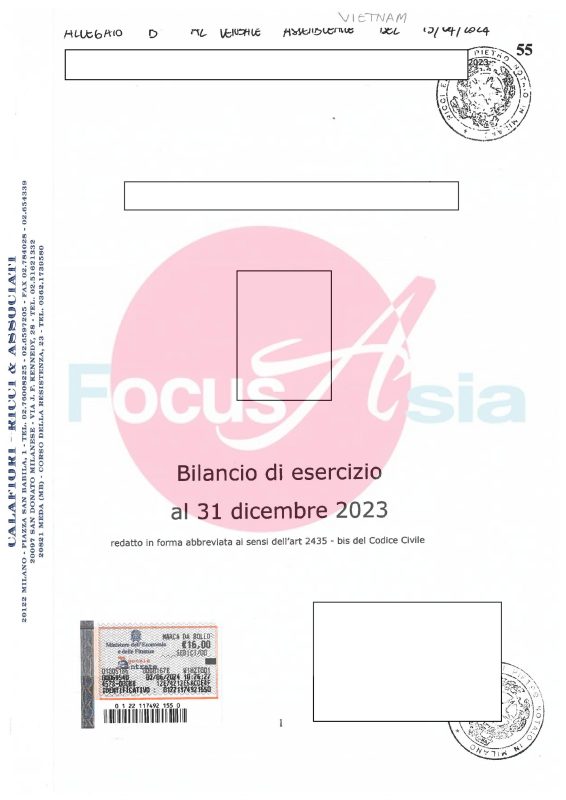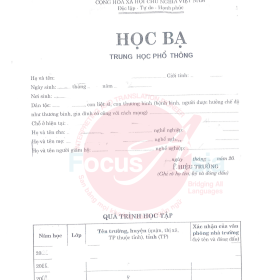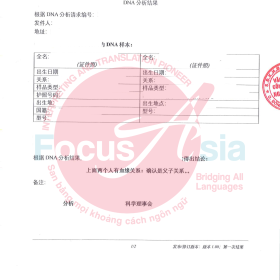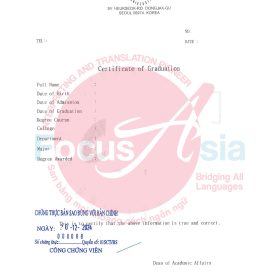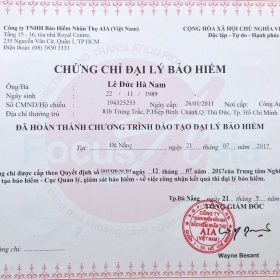Translate and Notarize Italian Financial Statements with Asia Translation and Interpretation
Are you seeking professional translation and notarization services for your Italian Financial Statements? Look no further! Asia Translation and Interpretation is here to assist you. Our expert team specializes in accurately translating and notarizing Italian Financial Statements, ensuring compliance, accessibility, and reliability for international business endeavors.
What is the Italian Financial Statements?
Italian Financial Statements, known as “Bilancio” in Italian, refer to the financial reports and statements prepared by Italian companies in accordance with the accounting and reporting regulations of Italy. These statements provide a comprehensive overview of a company’s financial performance, position, and cash flows during a specific period.
The Italian Financial Statements typically consist of the following components:
1. Bilancio d’esercizio (Balance Sheet): This statement presents the financial position of a company at a specific date, usually the end of the fiscal year. It includes assets, liabilities, and shareholders’ equity, providing a snapshot of the company’s financial health.
2. Conto Economico (Income Statement): The income statement summarizes the revenues, expenses, gains, and losses incurred by a company during a specific period, typically the fiscal year. It reflects the company’s financial performance and indicates whether it generated a profit or a loss.
3. Stato Patrimoniale (Statement of Changes in Equity): This statement shows the changes in shareholders’ equity over a period. It includes details of capital contributions, dividends, retained earnings, and any other changes affecting equity.
4. Nota Integrativa (Notes to the Financial Statements): The notes provide additional information and explanations related to the items presented in the financial statements. They offer more detailed disclosures about accounting policies, contingent liabilities, related party transactions, and other relevant information.
5. Relazione sulla Gestione (Management Report): This narrative report provides an overview of the company’s business activities, performance, and future prospects. It often includes a discussion of significant events, risks, and strategies pursued by the company.
Italian Financial Statements are prepared in accordance with the Italian Generally Accepted Accounting Principles (GAAP) or the International Financial Reporting Standards (IFRS) as adopted by Italy. These statements are essential for assessing a company’s financial health, making investment decisions, and complying with legal and regulatory requirements in Italy.
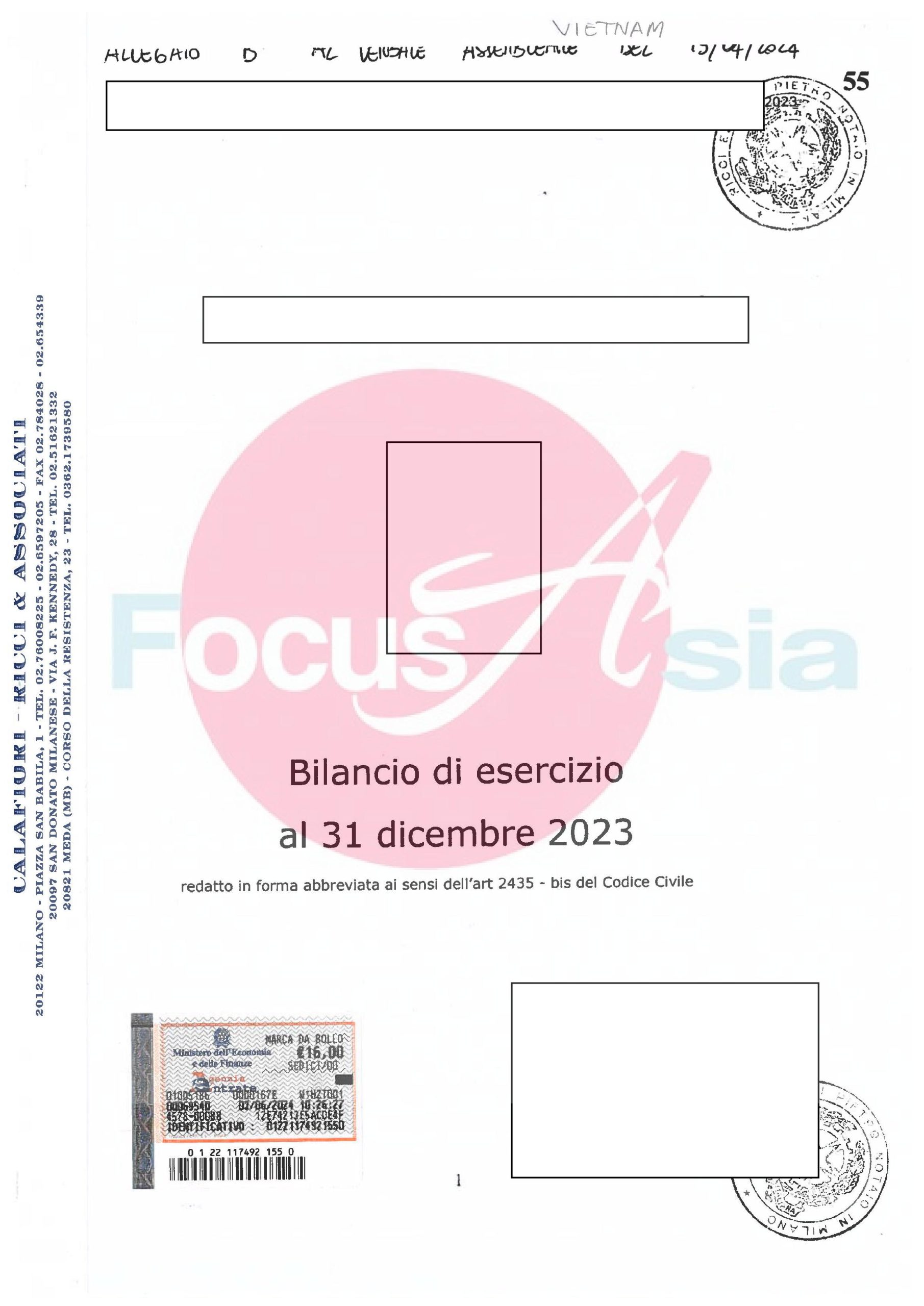
Why it is important to translate and notarize Italian Financial Statements?
Translating and notarizing Italian Financial Statements can be important for several reasons:
1. Legal Compliance: In certain jurisdictions or for specific purposes, there may be a legal requirement to provide financial statements in the official language of that jurisdiction. Translating the Italian Financial Statements ensures compliance with such regulations.
2. International Business: If you are conducting business internationally, translating the financial statements into a commonly understood language, such as Italian, allows foreign stakeholders, investors, or business partners to comprehend the financial information accurately. It facilitates communication and decision-making across language barriers.
3. Investor Confidence: Translated financial statements can instill confidence in potential investors, lenders, or stakeholders who may not be familiar with the Italian language. Providing financial information in their language helps them analyze and evaluate the company’s financial performance, position, and prospects more effectively.
4. Regulatory Authorities: When submitting financial statements to regulatory authorities or government agencies in a foreign country, translated versions may be required. Notarization of these translations provides an additional level of authenticity and credibility, assuring the relevant authorities that the translations are accurate and reliable.
5. **Court Proceedings**: In legal proceedings, such as litigation, arbitration, or tax disputes, translated financial statements may be necessary. The notarization of the translations adds an official certification of accuracy, ensuring that the financial information is faithfully represented in the translated version.
Notarizing the translated financial statements involves having a qualified notary public or a certified translator authenticate the accuracy of the translation and certify it as a true and faithful representation of the original document. This process adds credibility and legal validity to the translated financial statements, making them more widely accepted and reliable in various contexts.
Asia Translation and Interpretation’s translation and notarization steps
Asia Translation and Interpretation follows a comprehensive and meticulous process for Italian Financial Statements translation and notarization services. Our step-by-step approach ensures accuracy, reliability, and compliance with legal requirements. Here are the key steps we undertake:
1. Initial Consultation:
Our team initiates the process by conducting an initial consultation with the client to understand their specific requirements, including the purpose of the translation, any specific instructions, and the desired timeline. This consultation helps us gather all the necessary information and tailor our services to meet the client’s needs.
2. Document Collection and Verification:
Once engaged, we request the client to provide a scanned or digital copy of the Italian Financial Statements to be translated and notarized. Our team verifies the authenticity and completeness of the document to ensure accurate translation and compliance with legal standards.
3. Language Pair Assignment:
We assign the translation task to our professional translators who are native speakers of both Italian and Vietnamese. Our linguists possess expertise in legal terminology, ensuring precise translations that maintain the original document’s meaning and intent.
4. Translation Process:
Our translators meticulously translate the Italian Financial Statements into Vietnamese, paying attention to details, formatting, and cultural nuances. We ensure accurate rendering of personal information, such as name, address, and identification numbers, while adhering to Vietnamese language and legal requirements.
5. Editing and Proofreading:
To maintain the highest quality standards, our translations undergo a thorough editing and proofreading process. Experienced proofreaders review the translated document, cross-checking it against the original Italian Financial Statements to ensure accuracy, consistency, and clarity.
6. Notarization Preparation:
Upon completion of the translation, we prepare the document for notarization. This includes formatting the translation according to the notary’s requirements, attaching the original Italian Financial Statements, and any additional supporting documents as needed.
7. Notarization Process:
We work closely with authorized notaries who specialize in certifying translated documents. Our team submits the translated document, along with the original Italian Financial Statements and any other required documents, to the notary for official notarization. The notary verifies the accuracy and authenticity of the translation, applying their seal and signature to certify its legal validity.
8. Delivery:
After the notarization process is complete, we securely package the translated and notarized Italian Financial Statements and deliver it to the client. We offer various delivery options, including electronic copies for convenience or physical delivery via courier services for original documents.
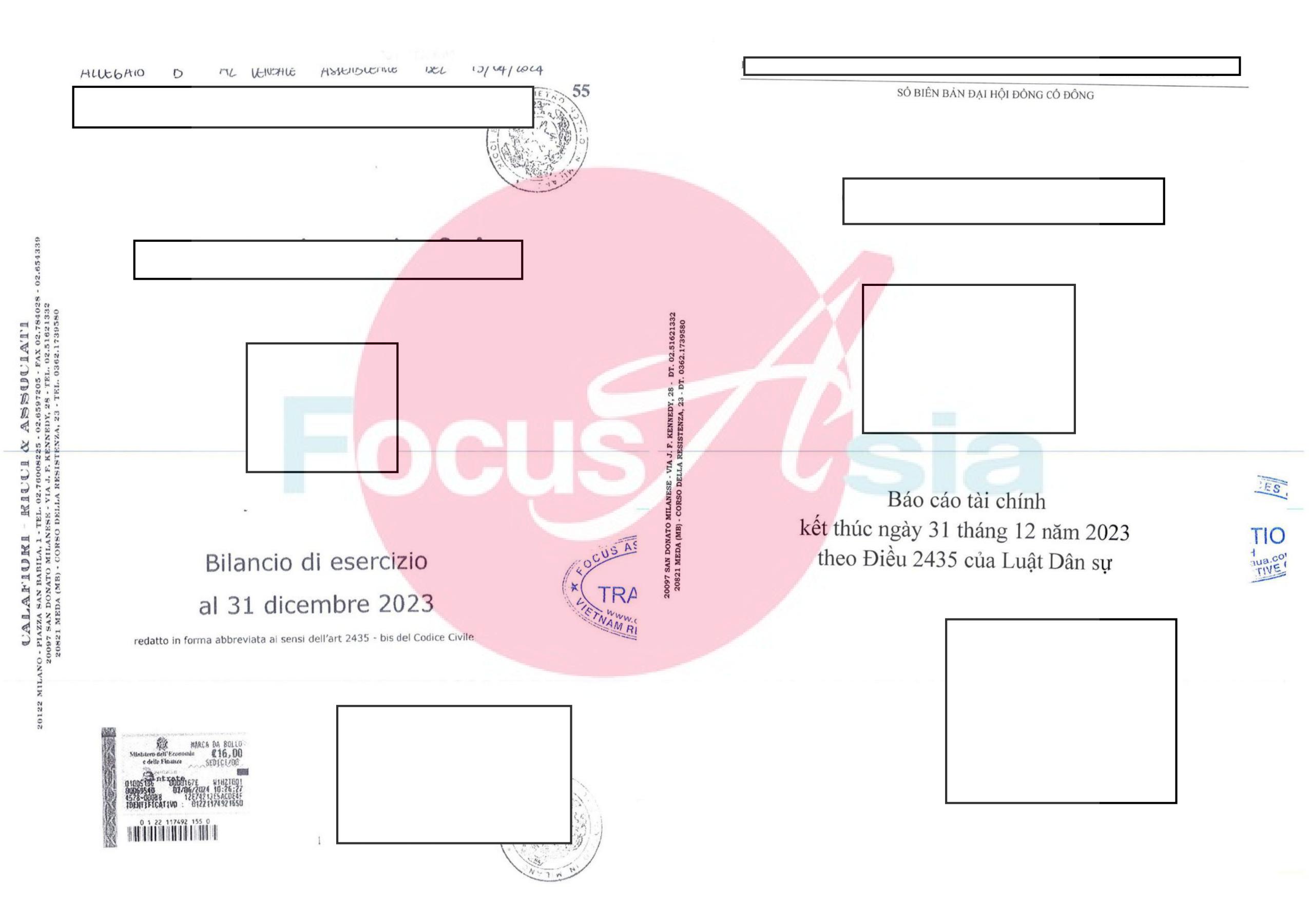
Why Translate and Notarize Italian Financial Statements?
-
Legal Compliance and International Standards: To comply with legal regulations in various jurisdictions, it is often necessary to provide financial statements in the official language of the target country. Translating Italian Financial Statements allows you to meet these requirements and adhere to international accounting standards, facilitating cross-border business transactions.
-
Enhanced Communication and Accessibility: Translated financial statements enable foreign stakeholders, investors, and business partners to understand the information accurately. By eliminating language barriers, you can effectively communicate your company’s financial performance, position, and prospects to a wider audience, fostering transparency and trust.
-
Confidence and Credibility: Providing translated financial statements instills confidence in potential investors, lenders, and stakeholders who may not be proficient in the Italian language. Asia Translation and Interpretation ensures that your financial information is accurately conveyed, empowering decision-makers to assess your company’s financial health with ease.
- Regulatory Compliance and Official Recognition: When you need to submit financial statements to regulatory authorities or government agencies abroad, translated versions may be required. Our notarization services add an official certification of accuracy, guaranteeing the authenticity and reliability of the translated documents, enhancing their acceptance by relevant authorities.









